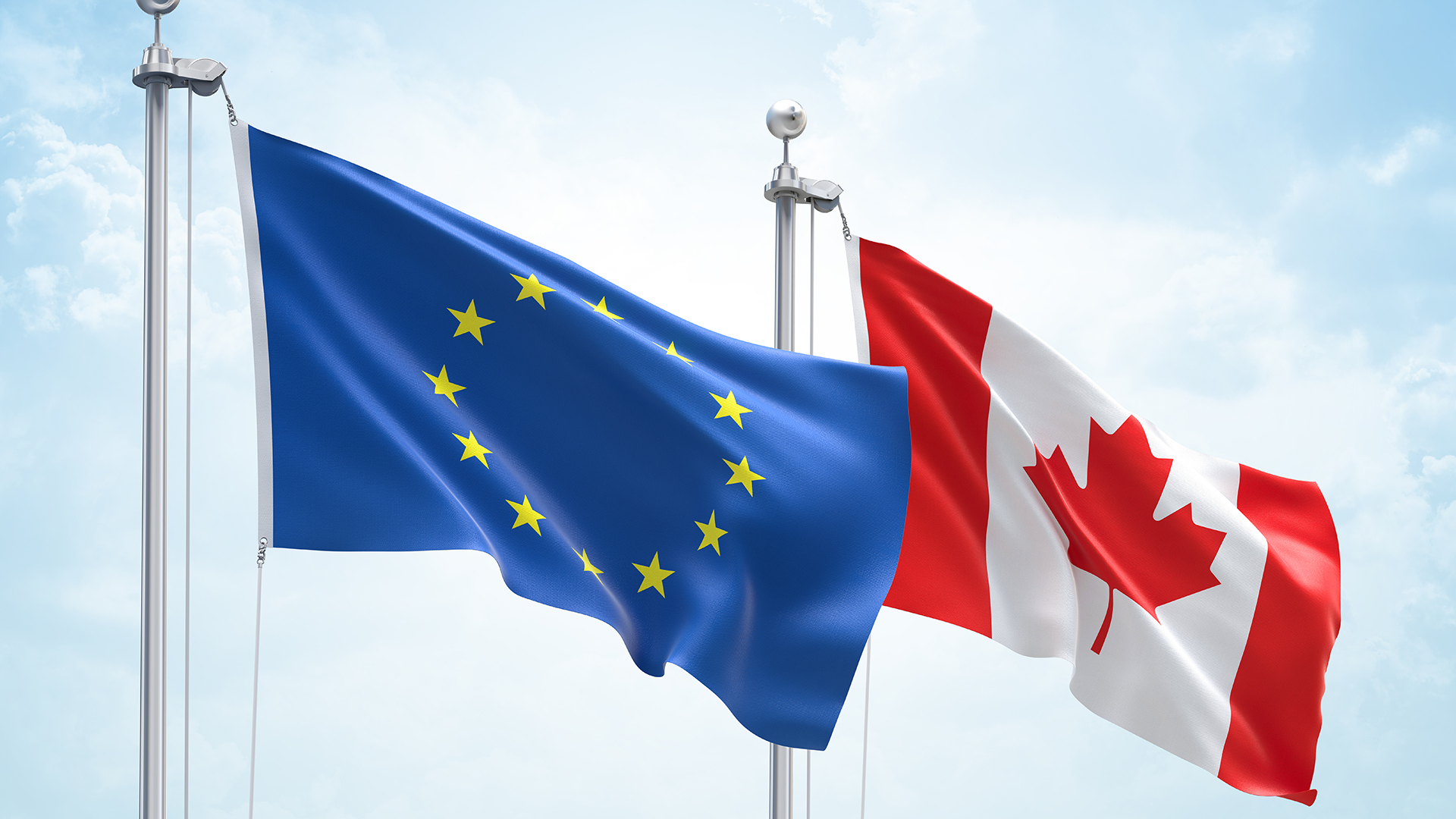In July 2024, Canada officially joined the Horizon Europe programme. Here, we look at what this means for global research and innovation.
Launched by the European Commission in 2021, Horizon Europe is the world’s largest research and innovation funding programme.
The programme holds €95.5bn in funding for the period 2021-2027 to fund projects aimed at tackling climate change, helping to achieve the UN’s Sustainable Development Goals, and boosting the EU’s competitiveness and growth.
In a major international move, the Government of Canada and the European Commission (EC) signed an agreement allowing Canada’s enhanced participation in Horizon Europe under Pillar 2 of the programme.
This agreement, which took place on 3 July 2024, offers Canadians greater access to Horizon Europe and leadership opportunities, and allows Canada to take part in the decision-making processes of the programme.
This agreement comes as part of the programme’s continuing efforts to foster opportunities for international collaboration and strengthen the impact of research and innovation in tackling major global challenges, like climate change.
Canadian researchers and innovators could benefit from Horizon Europe through increased collaboration and networking, presenting a key opportunity to expand the reach of their research and the citation impact of their work.
How does the Horizon Europe programme work?
Horizon Europe is built on three pillars:
Pillar I: Excellent science
The first pillar supports frontier research and breakthrough scientific ideas, partners the best researchers from Europe and beyond, and equips them with skills and world-class research infrastructures. Canada already funds Canadian participation in Pillar I programming through the Mitacs Globalink program (research scholarships and research mobility) and has existing agreements with Europe’s major research infrastructures.
Pillar II: Global challenges and European industrial competitiveness
The second pillar, ‘Global challenges and European industrial competitiveness’, supports research relating to societal challenges and reinforces technological and industrial capacities through six clusters:
- Health
- Culture, Creativity & Inclusive Society
- Civil Security for Society
- Digital, Industry and Space
- Climate, Energy and Mobility
- Food, Bioeconomy, Natural Resources, Agriculture & Environment
Pillar II sets missions with ambitious goals to target some of the world’s biggest problems and Sustainable Development Goals (SDGs) to enhance lives and safeguard the planet. It also includes activities pursued by the Joint Research Centre, which supports the EU and national policymakers with independent scientific evidence and technical support.
Canadian participation in Pillar II will be greatly enhanced by the Horizon Europe Association Agreement. It will enable researchers to participate in open calls on equal terms with their counterparts in EU Member States and other associated countries. It will allow Canadian researchers to lead consortia and have the opportunity to be directly funded via the programme.
Pillar III: Innovative Europe
The third pillar, Innovative Europe, aims to make Europe a frontrunner in market-creating innovation via the European Innovation Council. It also helps to develop the overall European innovation landscape through the European Institute of Innovation and Technology (EIT), which fosters the integration of the knowledge triangle of education, research and innovation. Pillar III is closed to non-European countries because of European technological sovereignty, although Canadian firms may be eligible for limited participation.
Continued partnership of Canada and Europe
This agreement marks a major step forward in Canada’s longstanding relationship with European research and innovation and the Horizon Europe programme. Canadian entities currently participate in 155 Projects under Horizon Europe and Canadian institutions have received over €6m from Horizon Europe so far.
Of this, €2.3m consists of European Research Council grants. Furthermore, €1.9m has been granted to Canadian partners in projects under Pillar II and €1.8m has been granted under Research Infrastructures.
In a joint statement released on the day of the agreement, EC President Ursula von der Leyen and Prime Minister of Canada Justin Trudeau said: “Canada’s association to Horizon Europe demonstrates our joint commitment to enhanced collaboration in research and innovation.
“And it also signals a new chapter for our researchers on both sides of the Atlantic. By combining the strengths of our research communities, we can accomplish greater scientific breakthroughs and technological progress, and become better equipped to meet today’s global challenges and succeed in the Green and Digital Transitions.
“Canada’s association to Horizon Europe will allow us to build on our research and innovation cooperation in crucial areas such as oceans, health, raw materials, energy and bioeconomy, as well as artificial intelligence, cybersecurity, and digital infrastructure. Researchers in Canada will have access to the network of European researchers and beyond. This deeper relationship will also boost economic opportunities and contribute to job creation and growth in both regions.
“The EU and Canada will continue open, transparent, and inclusive cooperation as we go forward, actively collaborating with our businesses, civil society, and academia. We will also ensure support for diversity and gender equality, as well as learning from the knowledge of Indigenous peoples.”
François-Philippe Champagne, Minister for Innovation, Science and Industry of Canada, also commented: “This new agreement between Canada and the European Union will deepen our collaboration through Horizon Europe and strengthen global relations.
“Canadian scientists, researchers and innovators will have new opportunities to work with international partners and play a bigger role in solving some of the world’s biggest challenges, like climate change. These kinds of collaborations are not just beneficial; they are essential in today’s interconnected world.”
Funding
Horizon Europe has allocated more than half of its €95.5bn budget to Pillar II, and more than 56% of this funding is assigned to the Digital, Industry and Space cluster as well as the Climate, Energy and Mobility cluster.
Horizon Europe is funded through contributions from EU member states and associated countries. Canadian researchers and innovators can apply to active and upcoming Horizon Europe Pillar II calls. These applications will be reviewed and awarded by the European Commission.

